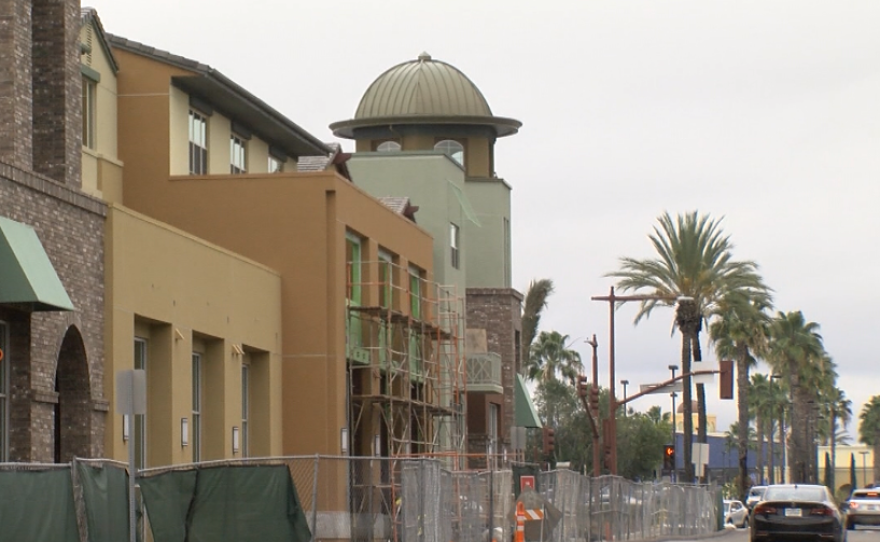Proposed budget changes from President Trump's administration may hurt access to affordable housing for people with the lowest incomes, the disabled and seniors, but could help more middle-income working families.
The proposed federal budget would reduce funding for HUD, the Department of Housing and Urban Development, by $6 billion, or 13 percent.
Rental assistance housing vouchers
The proposed cuts would reduce the number of Section 8 housing vouchers for low-income families by at least $300 million.
Currently, San Diego County and four cities — Encinitas, Carlsbad, Oceanside and National City — have housing voucher programs, and all have waiting lists of several years. About 11,000 people rely on county vouchers for rental assistance.
Low income housing tax credits
But Stephen Russell of San Diego’s Housing Federation said changes in the tax code could make the biggest increase in history to Low Income Housing Tax Credits, or LIHTC, that encourage investing in affordable housing.
“At a time when budget cuts are striking subsidies that are available to help the poorest of the poor, there is a proposal to expand that tax credit and help even more Americans,” Russell said.
Most affordable housing for low-income families built in San Diego is built with the help of tax credits. Investors invest cash in return for writing off a certain portion of their tax liabilities over time.
Currently, affordable housing built using those tax credits can only be rented to people making less than 60 percent of the area median income.
But Russell said the changes might allow affordable housing financed with tax credits to be rented to people with slightly higher incomes: up to 80 percent of the area median income. For a family of four, that’s an income of about $60,000.
Russell says this workforce housing would help working families who are part of the middle class.
However, Russell said, as tax rates are reduced, the value of tax credit decreases, so non-profit developers would have to attract more investors to achieve the same capital.
Anne Wilson of the San Diego-based nonprofit real estate developer, Community Housing Works, said the proposed corporate tax rate cut decreases the value of credits by 8 to 15 percent.
“That, with interest rate increases, are making it difficult for us," she said.






